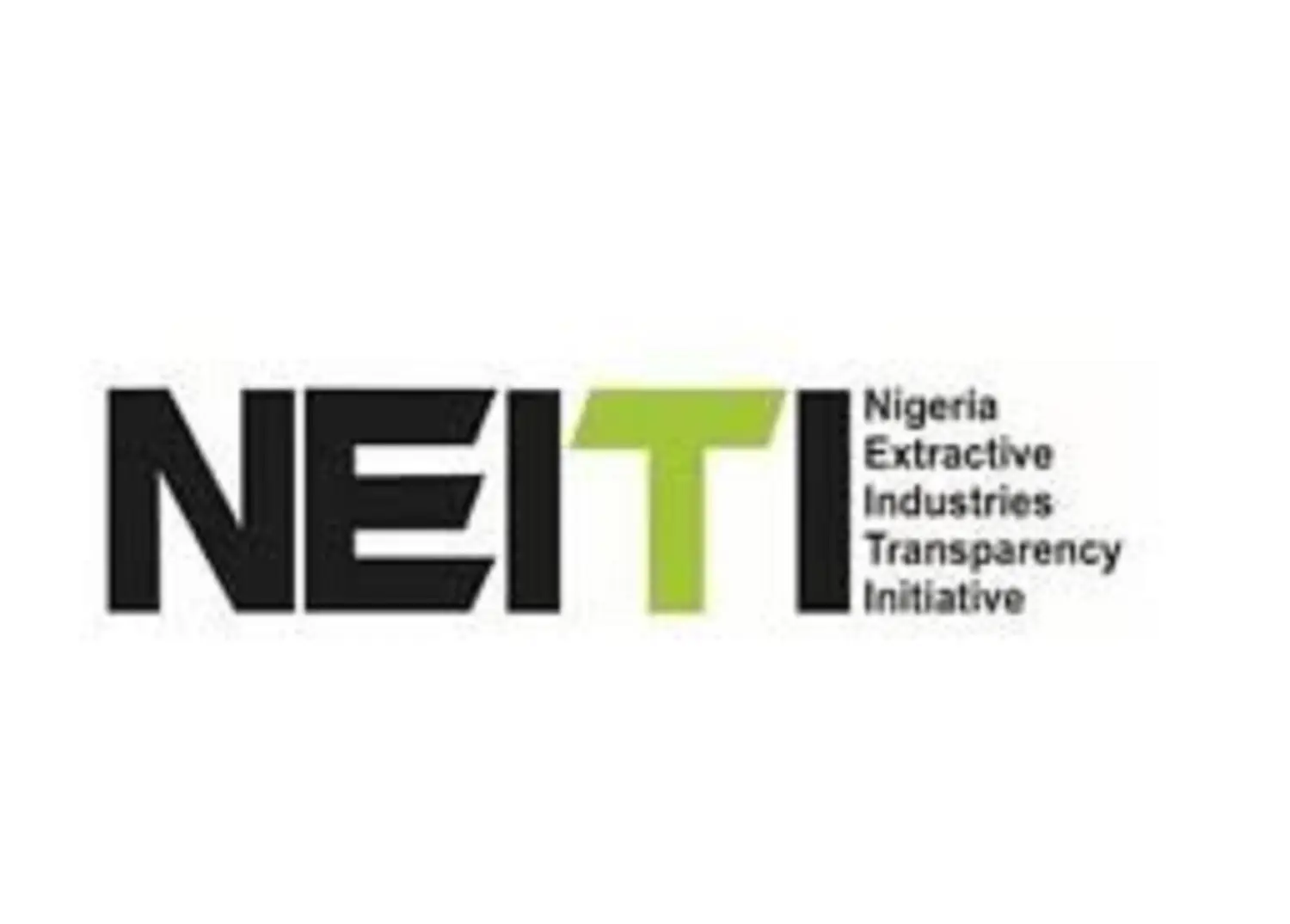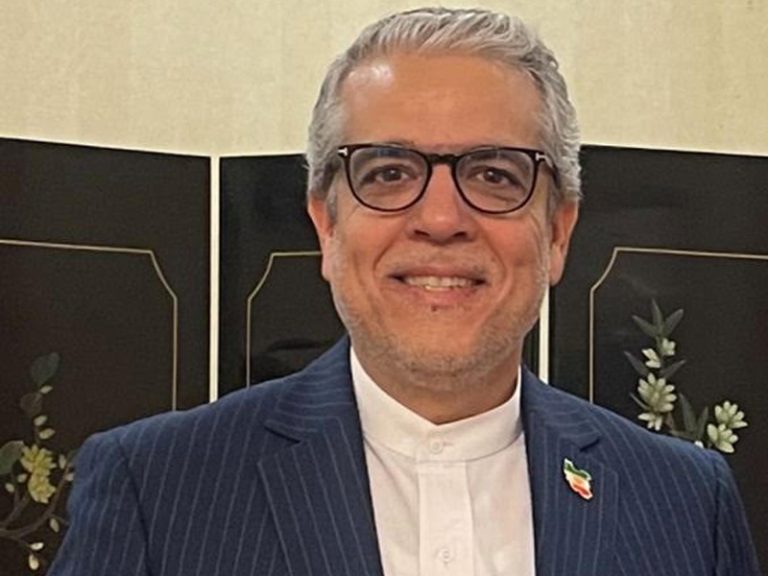
The Federal Government has revoked 1,263 mineral licenses in a decisive move to enforce compliance in the solid minerals sector, a decision strongly backed by the Nigeria Extractive Industries Transparency Initiative (NEITI).
In a statement released on Monday, NEITI described the action as “bold, timely, and consistent” with its long-standing recommendations following years of audit reports highlighting widespread non-compliance across the industry.
The revoked titles include: 584 exploration licenses, 65 mining leases, 144 quarry licenses and 470 small-scale mining leases.
This latest batch brings the total number of revoked mineral titles under the current administration to 3,794, including 619 licenses cancelled for unpaid service fees and 912 revoked last year due to inactivity.
Persistent Debt, Dwindling Compliance
According to NEITI’s 2023 Solid Minerals Industry Report, 1,619 companies owe the Federal Government a combined ₦680.3 million in unpaid fees and royalties, a reflection of what NEITI calls a “persistent culture of non-compliance.”
The trend is not new. NEITI’s previous audits uncovered even larger sums:
- In 2021, 238 companies with 289 valid licenses owed ₦1.06 billion
- In 2020, over 2,000 companies were in arrears, owing a staggering ₦2.76 billion
- Earlier reports flagged an additional ₦654.28 million in unpaid fees by 233 companies
NEITI’s Executive Secretary, Orji Ogbonnaya Orji, applauded the government’s enforcement drive, stating that the revocation serves as a powerful signal to defaulters that mineral titles are legal instruments, not speculative assets.
“These figures highlight a persistent culture of non-compliance that undermines revenue generation and erodes the credibility of the solid minerals sector,” Orji said.
He added that enforcing sanctions will not only discourage future defaults but also clear the path for credible investors with the financial and technical capacity to responsibly operate in the sector.
By removing dormant or non-compliant operators, NEITI believes the move will:
- Improve access for genuine investors
- Enhance competition within the sector
- Boost investor confidence
- Increase government revenue
Orji stressed that billions of naira in unpaid fees could have gone into critical infrastructure, education, and healthcare, describing the revocation as a necessary step toward plugging long-standing revenue leakages.
“Enforcing compliance not only boosts revenue but also strengthens transparency and accountability, two essential pillars for restoring public and investor trust in Nigeria’s extractive industries,” he said.
NEITI further emphasized that these measures align with Nigeria’s broader strategy to diversify its economy and reduce reliance on oil by repositioning the solid minerals sector as a key engine of sustainable growth.
While commending the Ministry of Solid Minerals Development and the Mining Cadastral Office for acting on its audit findings, NEITI reiterated the urgent need for a comprehensive reform strategy to address systemic issues in the sector.



